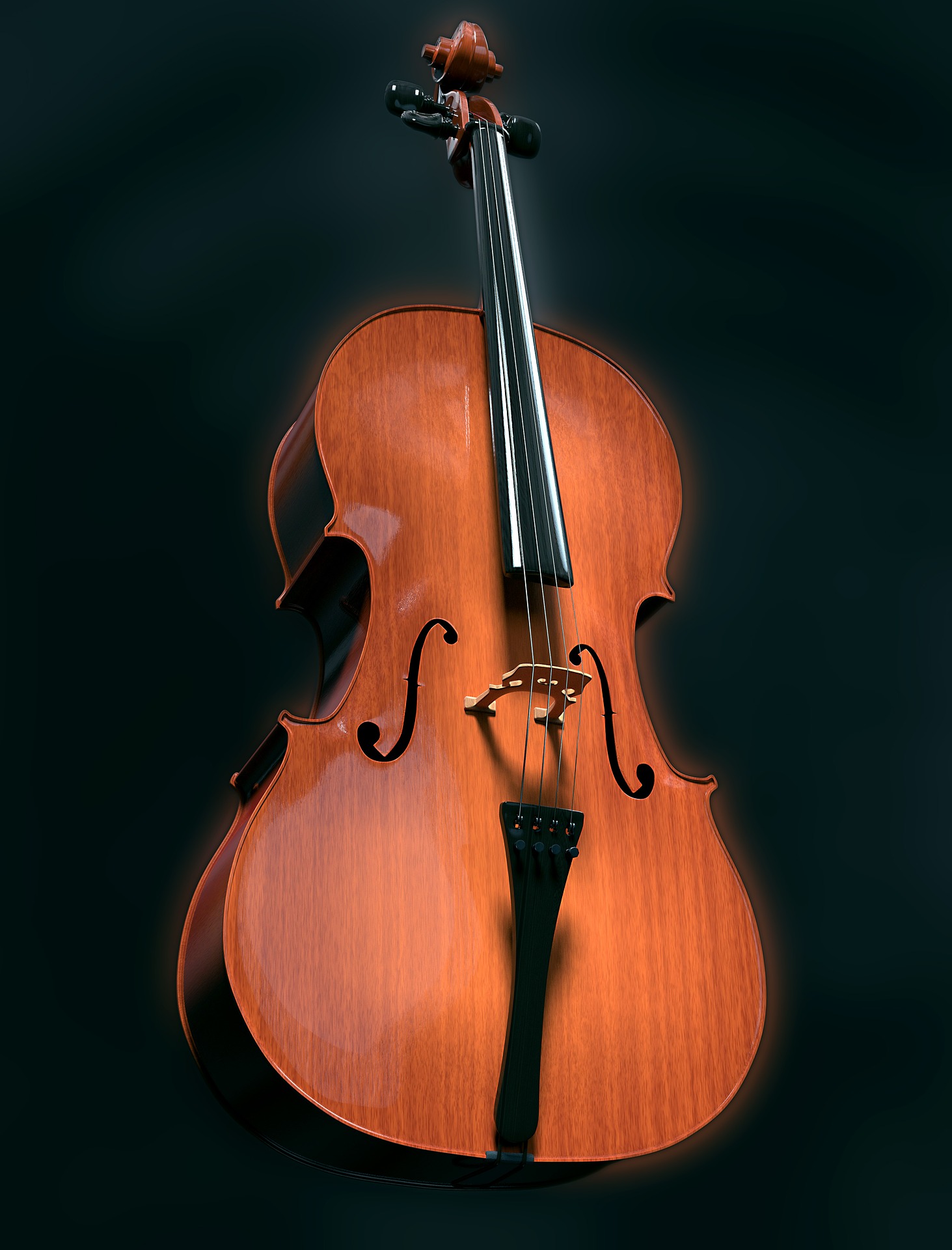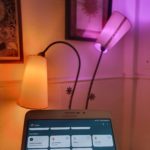
Maria Alejandra Diaz tells us about her experience playing the cello in her homeland of Venezuela, and the hopes she has for the future in her new home, Peru.
What made you decide to study music? Was it a personal decision or something your parents made you do?
Honestly, ever since I was little I’ve been very interested in the fine arts. First it was ballet and contemporary dance. Later I took up painting. Now that I’m an adult, I’ve entered the world of what is known in Venezuela – and internationally – as “El Sistema,” which was founded by maestro Jose Antonio Abreu. His main objective has been to broaden the horizons – culturally and musically – of the country and get the youth interested in music.
My parents were always the first ones to support me in any initiative I may have had surrounding my curiosity for the fine arts. They supported me in developing other skills not just related to academia, although the decision was always mine to pursue such activities. They encouraged me to stick with such activities and not just abandon them further down the road.
Why the cello and not something else? Did you ever consider pursuing other instruments as well?
At first, I was most interested in the violin. My dad took me to see the Children’s Orchestra of Tachira, which is the province of Venezuela where I’m from, so that I could get a better idea of what instruments caught my attention. From that moment on, I decided I wanted to learn to play the violin.
Later, I auditioned for the Youth Orchestra Foundation “Luis Gilberto Mendoza” which was the base from which El Sistema operated. They evaluated aptitude for rhythm and solfege which is the fundamental basis for every musician. They loan out instruments and let you use their facilities until you can raise enough money to buy your own instrument.
When they asked me which instrument I wanted to play, they told me that there were no violins available to loan out, and they only had cellos and trumpets available. Of course, the trumpet was never to my liking, with the mouthpieces and parting of the lips and everything, and therefore I stayed with the cello, which was the best decision I could have made. It is an instrument with a unique sound and accompaniment and is – according to expert opinions – the sound that most resembles the human voice.
Are there musicians in your family?
My great-grandfather, on my mom’s side, had an orchestra called “Filo Rodríguez y Su Orquesta” in the 1940s. He was a trumpeter and the director. One of his sister’s was also an opera singer in a circus in Italy during the same time. My mother played piano, my father participated in the Christmas masses in choirs and playing, and my sister is an opera singer (Mezzo-soprano).

How old were you when you performed at your first recital? Where was it?
They usually recommend that you start studying music at an early age, not only because it’s common knowledge that children pick up new skills more easily, but above all because of the muscle memory that comes with studying string instruments (violin, viola, cello, bass). Starting early helps your fingers develop accordingly. For example, for the case of the violin, it is best that players have thin, not so large fingers. In my case, I started at 14 years old, and I had my debut 3 months after starting at the Pre-Children’s Orchestra in San Cristóbal – Táchira State. This was, of course, very ironic because of my age, but it was the group that It started at the same time that I entered “the system” and it was for ages 8 to 12. There was already a Children’s Orchestra, so we could not call ourselves the same thing or play the same pieces as them because of the level of difficulty .
Then I moved quickly to the Children’s Orchestra and then to the Youth Orchestra. It was in the latter that I had the opportunity to play as a guest on 2 occasions with the Simón Bolívar Symphony Orchestra of Táchira. A year and a half later, I formally joined that orchestra.
With the Simón Bolívar Orchestra, I had the opportunity to be a soloist and play with musicians of international renown – such as violist Frank Di Polo, pianist Arnaldo Pizzolante, and guitarist Alirio Díaz, among others.
Who are some musicians (past or present) that you admire?
Among the musicians that I admire most are Jacqueline du Pré and Yo-Yo Ma. With rock, I like Apocalyptica, which is a symphonic metal band formed by 4 cellists graduated from a classical music academy called Sibelius. In the beginning, they covered Metallica songs which then made them famous. Also, 2cellos is a duo of Croatian cellists who make versions of songs by Michael Jackson, Guns and Roses, Jimi Hendrix, and more. It’s really fun to listen to them.
 How much time do you dedicate to practicing cello?
How much time do you dedicate to practicing cello?
In Venezuela, I devoted every afternoon to studying and practicing cello. The Foundation had an academic center where they teach classes in rhythm, theory and solfege, harmony and then classes related to each specific instrument taught by a professional – usually members of the Simón Bolívar Orchestra. All of these classes were distributed throughout the week.
In addition to the classes, there were also rehearsals with the Orchestra, which were everyday, Monday through Friday from 6pm to 9 or 10 at night, depending on the difficulty of the work and the time needed to rehearse. If they were complicated pieces to execute, each leader who was a kind of representative of the group of musicians for a particular instrument, would host additional workshops to go in depth and see the synchronization, harmony, solos, and tuning.
It really was a full-time commitment. But when you like what you do, you’re not aware of how much time it takes.
Do you have plans for the future with regard to music?
Since I moved to Peru, I have not been able to continue with music because when I left the country, I didn’t know where I was going to settle down. Also because of economic issues, I had to sell my cello in Venezuela to help my mother with medical treatment. I’ve been checking with friends who still belong to El Sistema to find out if there are organizations like the ones there which can help me with loaning a cello while I save to buy my own, and also where I could resume my classes. In the near future, I hope to belong to another orchestra and continue enjoying this most beautiful form of art.


